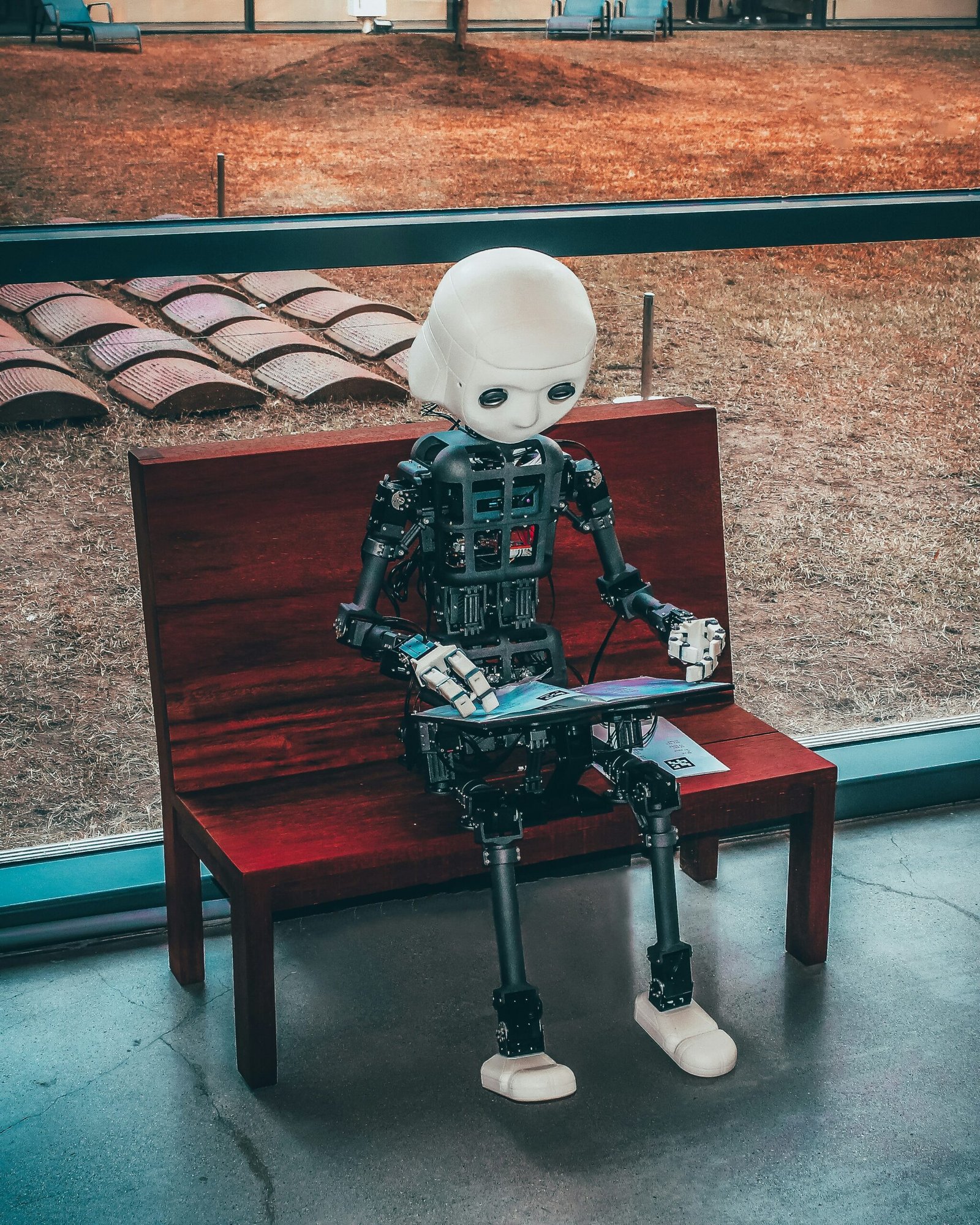In the era of developing content output, rest assured that this change has been brought by artificial intelligence (AI). A simple write-up, creating visuals and even videos are all areas in which AI is encouraging creators and business ventures to achieve better contents with a quicker turnaround time. But what role does AI play in this scenario, and what opportunities can be associated with this functionally diverse field in the future?
The Role of AI in Content Creation
AI is much more than a simple use; it is an ally in the artistic production. Here are some key ways AI is reshaping content creation:
- Text Generation: AI generated articles, blogs, social media posts through GPT models. Many of these systems look at great amounts of information and write well-formed, contextually appropriate and appealing content for particular readers.
- Image and Graphic Design: DALL-E or Canva’s artificial intelligence options enable customers to generate visuals based on the descriptions or templates available. This makes the use of graphic designs not to require a lot of detail in choosing the best graphic designer or …
- Video Production: Automated video creation via text to video, or using AI avatars to present messages is done by applications such as Pictory and Synthesia. It makes video production cheaper and shorter in time.
- Content Personalization: To enhance user satisfaction and attraction, AI algorithms study users’ behavior patterns and interests, so as to make appropriate recommendations. Such platforms as Netflix and Spotify are good examples of this kind.
- Editing and Optimization: Hemingway and grammarly are such AI tools that investigate the contents delivered for grammar, tone, readability and SEO to facilitate the output with even more classy and persuasive language.
Benefits of AI in Content Creation
Efficiency: By leveraging AI, the creation of content is significantly accelerated because AI tools reduce the task to drafting, editing, or formatting.
Cost-Effectiveness: This way of creating content is affordable and enables companies who may be startups or small businesses to be able to incorporate AI.
Scalability: AI helps creators remain productive in producing high-quality content to serve bigger audiences or to adhere to faster content production rates.
Enhanced Creativity: In terms of practicalities, AI keeps creators away from handling simple jobs leaving them to engage inventive and tactical on the tasks.
Data-Driven Insights: AI also makes available audience information or performance data and trend analysis for enhanced managerial decision-making.
Challenges and Ethical Considerations

While AI offers immense potential, it also raises important challenges and ethical questions:
Originality and Creativity: AI mainly uses the data already available, and as such it is restricted on how original it can be. There are always pros and cons to this as creators are at a delicate line between relying on the AI and coming up with things on their own.
Bias in AI Models: AI systems learn from data and they can reproduce their training data so there may be content that is discriminative or even wrong.
Job Displacement: With such shifting of roles some are concerned that that it will lead to extinction of human content creators as AI takes over. But it also opens the possibilities for new specific roles that will be responsible for monitoring and developing AI solutions.
Ethical Use: Honesty and proper sourcing whenever AI content is used are paramount in that they help to sustain the audience’s trust.
The Future of AI in Content Creation
AI is only currently penetrating the content creation industry. As AI technologies continue to evolve, we can expect:
- Hyper-Personalized Content: Further enhanced AI capability will offer deeper and more entertaining content relevant to the client’s choices.
- Enhanced Collaboration: The interfaces of AI tools will become one-click easy to use and AI will easily work hand in hand with human counterparts.
- Cross-Media Creation: AI will be helpful for the generation of diverse formats with combined media types, including the blog’s video, infographic, or podcast form.
- Ethical AI Standards: New standards will be commonly set to meet the ethicality issues orproper use of Artificial Intelligence in producing content.
Conclusion
AI is not replacing the creativity of a person – it is enhancing it. By automating routine tasks and providing powerful tools for ideation, production, and optimization, AI empowers creators to focus on what they do best: of how they make really good stories and establishing links with the public. Decision to integrate AI in content creation is not an impulse; it is a must do to sustain the company against the speeding tide today.


